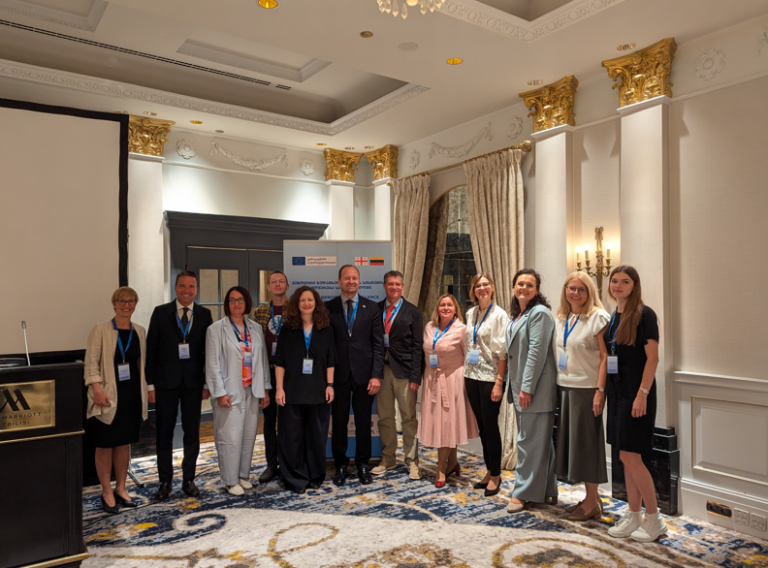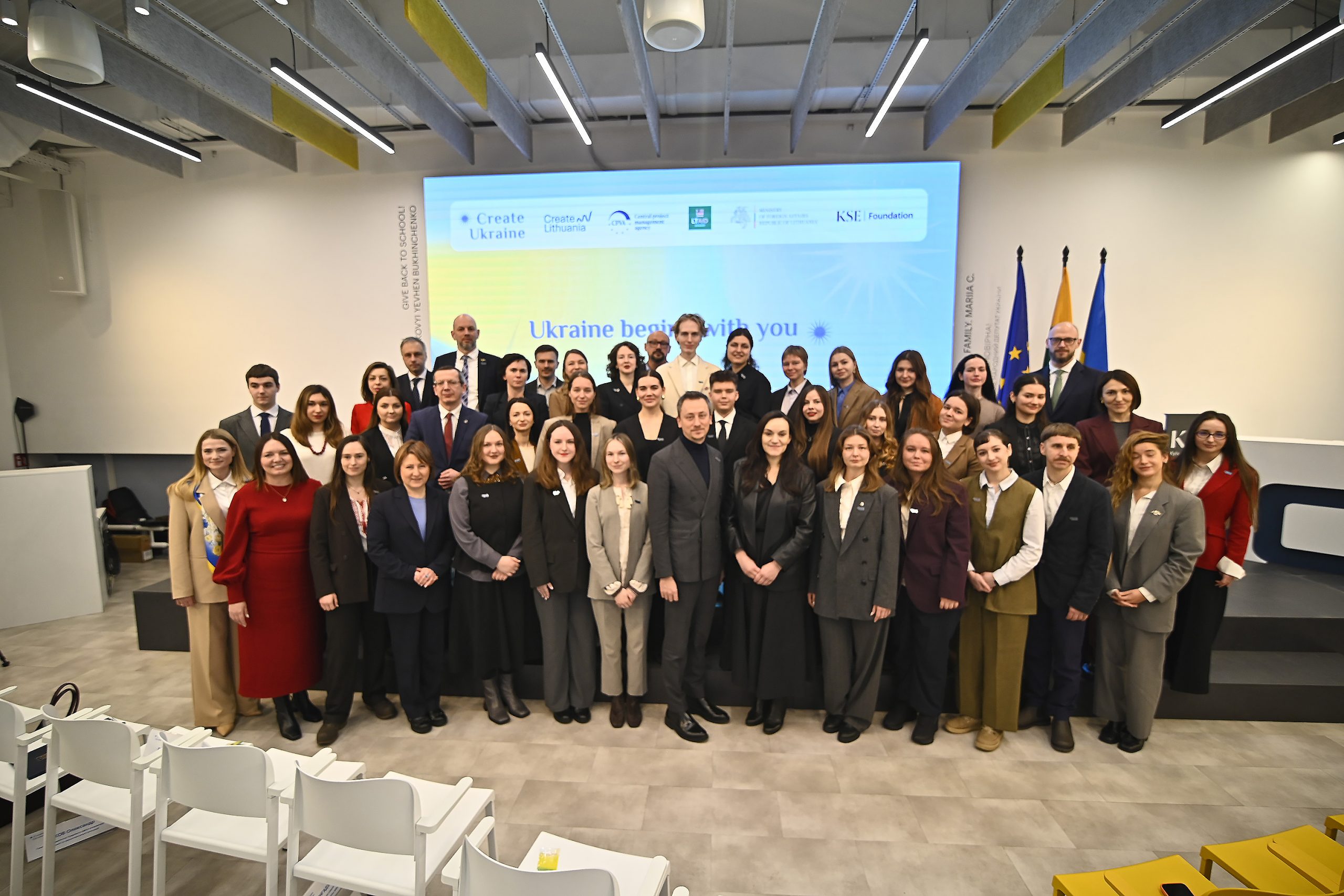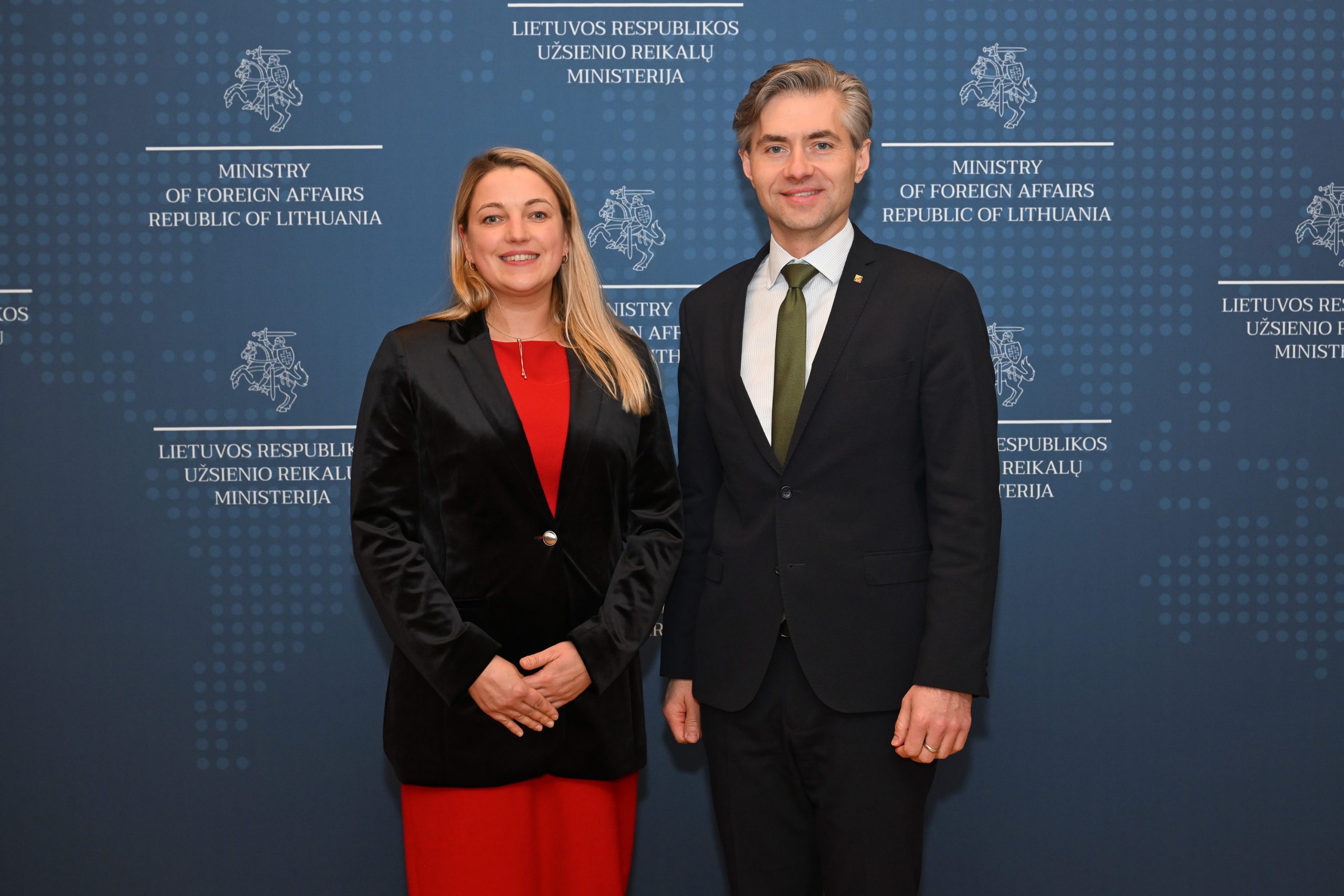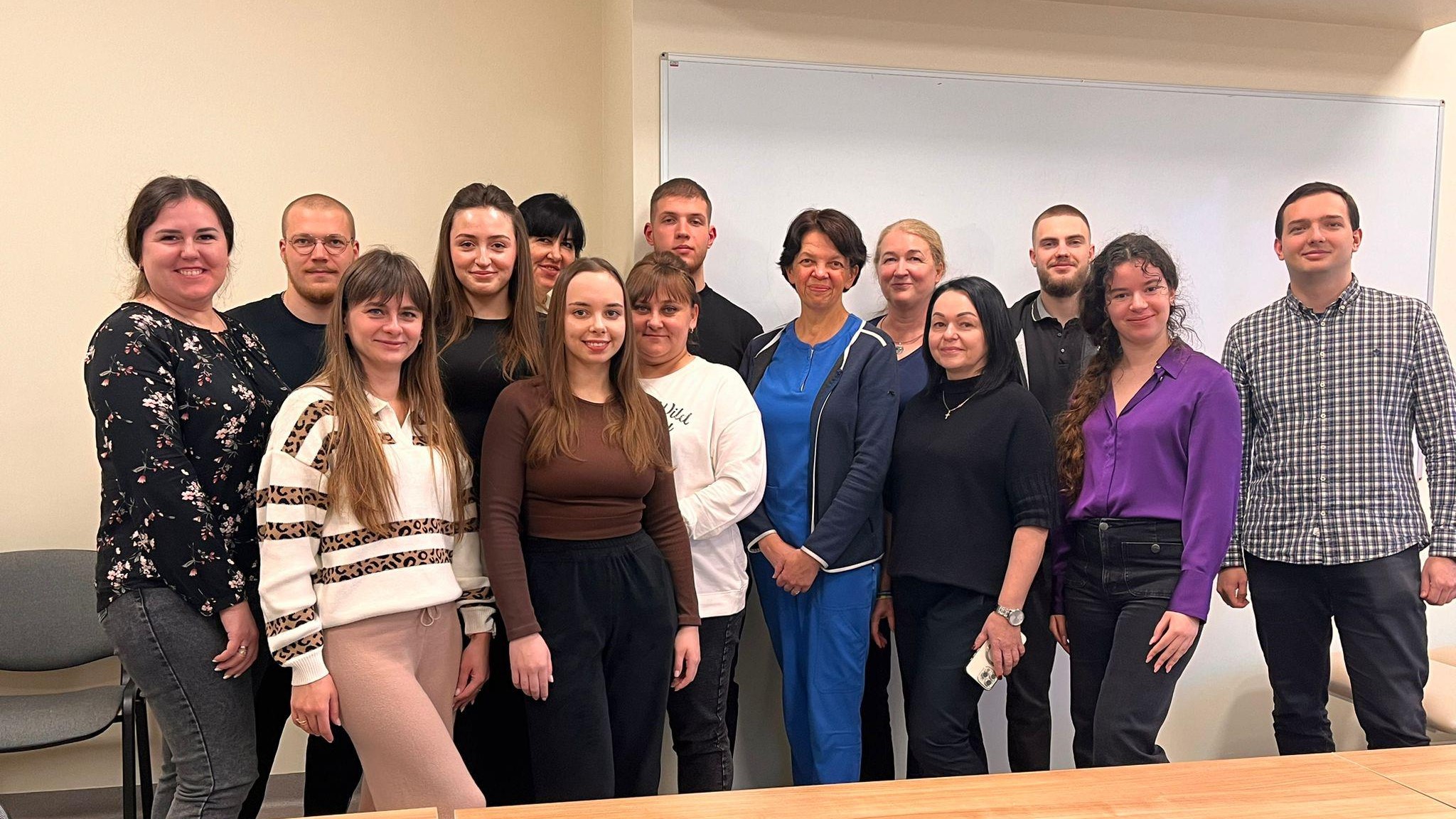The European Union (EU) continues to play a vital role in improving public health in Georgia. On Monday, 9 September 2024, the EU-funded Twinning Project, “Enhancing the National Disease Surveillance System in Georgia through the Improvement of Epidemiological and Molecular (Genomic) Surveillance,” officially commenced. The Central Project Management Agency (CPVA) is responsible for the administrative–financial management of the project.
The opening ceremony of the project was held at the Marriott Tbilisi Hotel, attended by project leaders, experts in laboratory testing, and representatives from Georgian health authorities.
Cooperation Between Georgia and the EU
For over 30 years the EU has nurtured a strong partnership with Georgia supporting its development through knowledge exchange, expertise sharing, innovation, and financial assistance. The relationship between the EU and Georgia is founded on shared values of peace, freedom, democracy, human rights, and inclusive economic growth.
This project exemplifies the ongoing collaboration between the EU and Georgia. Its primary objective is to build genome sequencing capacity at the National Center for Disease Control (NCDC) and establish a comprehensive legal and regulatory framework in alignment with EU directives and the One-Health concept.
“The Georgian health authorities will be crucial in assisting our partners with the legal aspects of this project. Achieving significant results requires internal support from Georgian ministries and other relevant bodies. Having the appropriate legal framework is essential for any country, whether in molecular genomic surveillance or other medical testing. Georgia stands to benefit greatly from the information and knowledge we share, especially as it prepares for its potential accession to the European Union,” stated Project Leader Dr. Algirdas Utkus, Head of the Centre for Medical Genetics at Vilnius University Hospital Santaros Clinics.
How Genomic Testing is Improving Lives
Genomic surveillance involves sequencing the genomes of pathogens, such as bacteria, viruses, and other microorganisms, to monitor and analyze their genetic variations. While the development of whole genome sequencing varies among pathogens and across EU countries, the field of genomic epidemiology has rapidly advanced due to affordable modern DNA sequencing technologies. This progress has been significantly influenced by numerous academic studies over the past decade.
Many countries implemented genomic surveillance systems during the COVID-19 pandemic, which helped save countless lives. “Identifying specific pathogens can lead to the development of highly targeted treatments or vaccines, potentially eliminating diseases from a population,” added Professor Algirdas Utkus.
The EU has allocated €1,200,000 to this project, which began on 13 June 2024.
Benefits of the Project to Georgian Society
Throughout the project, a team of experts will work to align Georgian legislation with EU standards on genomic surveillance. Additionally, they will strengthen the national genomic surveillance system and institutional capacities to ensure the safety and quality of genomic investigations. The Twinning Project communication team will also work to increase public understanding of the importance of genomic services.
The main beneficiaries of the project are the L. Sakvarelidze National Center for Disease Control and Public Health (NCDC) and the Ministry of Internally Displaced Persons from the Occupied Territories, Labour, Health, and Social Affairs of Georgia (MoIDPLHSA).
EU Member State Partners include the Central Project Management Agency (CPVA), Vilnius University Hospital Santaros Clinics (VUHSK), Vilnius University (VU), the National Blood Center (NBC), the Health Emergency Situations Center (HESC), and the National Public Health Surveillance Laboratory (NPHSL) of Lithuania.
Official Opening Ceremony of the Project
The event aimed to inform Georgian society about the role and significance of Epidemiological and Molecular (Genomic) Surveillance, as well as to present the project’s goals and its benefits for Georgian society.
Welcome speeches were delivered by Mrs. Tamar Gabunia, 1st Deputy Minister of IDPs, Labour, Health, and Social Affairs of Georgia; H.E. Mr. Darius Vitkauskas, Ambassador of Lithuania to Georgia; and Mr. Nicholas Cendrowicz, Head of Cooperation at the Delegation of the European Union to Georgia.
Opening remarks were made by Mr. Paata Imnadze, Deputy Director General of the National Center for Disease Control and Public Health (Beneficiary Country Project Leader), and Dr. Algirdas Utkus, Vilnius University Hospital Santaros Clinics (EU Member State Project Leader).
Keynote speeches, including one by Mr. Nicholas Cendrowicz titled “The European Union Supports Georgia in Achieving its National Strategic Healthcare Priorities and Building Genome Sequencing Capacity at the National Center for Disease Control and Public Health (NCDC),” were central to the event. The conference concluded with a Q&A session, where participants inquired about various practical aspects of the project, such as its scope, outcomes, and expectations.








